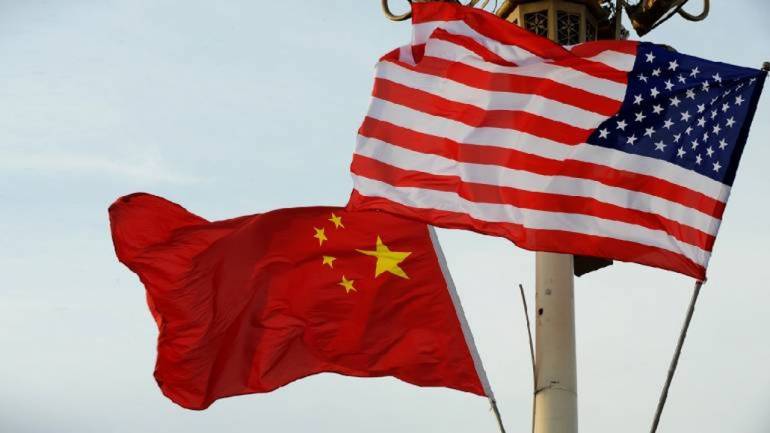
With strains showing up in the relationship between the U.S. President Donald Trump and his Trade Representative Robert Lighthizer, one expert has expressed concerns that Trump would settle for an “inadequate” and “weak” deal with China.
The comment by Niall Ferguson, senior fellow at the Hoover Institution at Stanford University, came after several public disputes between the president and Lighthizer on matters related to the U.S.-China trade war.
Last week, Trump and Lighthizer sparred in front of journalists — and Chinese representatives led by Vice Premier Liu He — over whether “memorandum of understanding” is the right phrase to term the agreement that the U.S. and China are negotiating.
The two sides were reportedly drawing up six MOUs which would form the building blocks of a final deal. But Trump objected to the use of the term, arguing that “they don’t mean anything.” Lighthizer gave in after some back-and-forth with his boss and opted to use “trade agreement” instead.
“I think the big question … is whether or not President Trump is going to overrule Robert Lighthizer and take a deal that Lighthizer would regard as inadequate, as weak. I very much hope he doesn’t do that because Robert Lighthizer has been doing an excellent job driving a very hard bargain and when Lighthizer says we’re not there yet, I take that very seriously,” Ferguson told CNBC’s “Closing Bell” on Wednesday.
“We saw just the other day the president has the power to overrule [Lighthizer], even in the terminology of the deal … Robert Lighthizer had to very quickly drop that phrase and get on with the Trumpian language like a ‘trade deal,’” he added.
On Wednesday, Lighthizer told the House Committee on Ways and Means that “much still needs to be done both before an agreement is reached” — that’s a contrast to Trump’s earlier claim that a trade deal with China was already in “advanced stages.”
Lighthizer, who’s leading U.S. negotiations with China, is known for his hard-line views on trade. Before the recent public disputes with Trump, the trade representative appeared mostly supportive of the president’s policies.
The U.S. and China, the two largest economies in the world, were locked in a tit-for-tat tariffs fight for much of last year over disagreements on issues such as Chinese industrial subsidies and alleged forced transfer of technology from American firms to their Chinese partners.
Trump over the weekend announced that he’s delaying the implementation of additional tariffs on Chinese goods initially planned for early-March. The president said both sides made “substantial progress” in their trade negotiations.





























